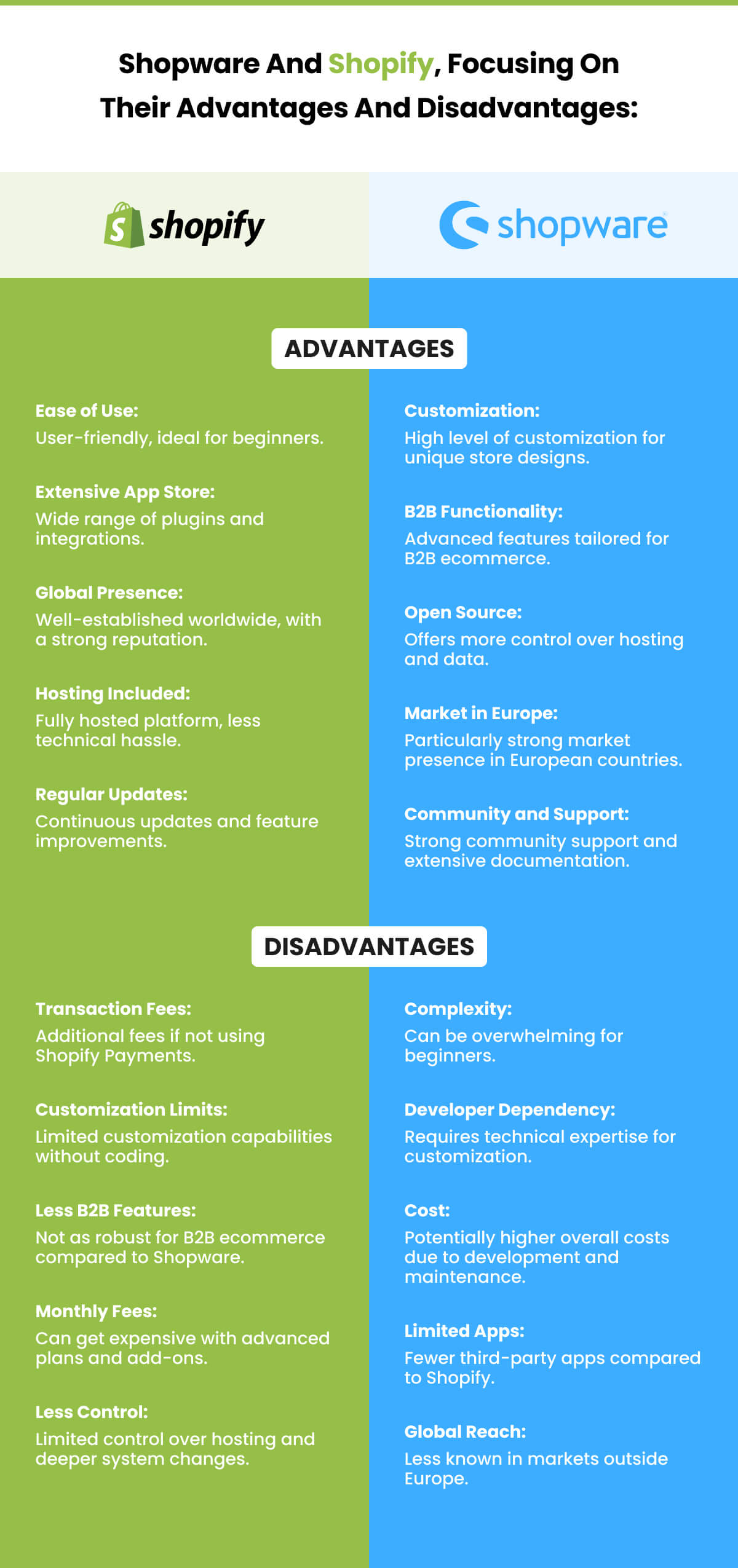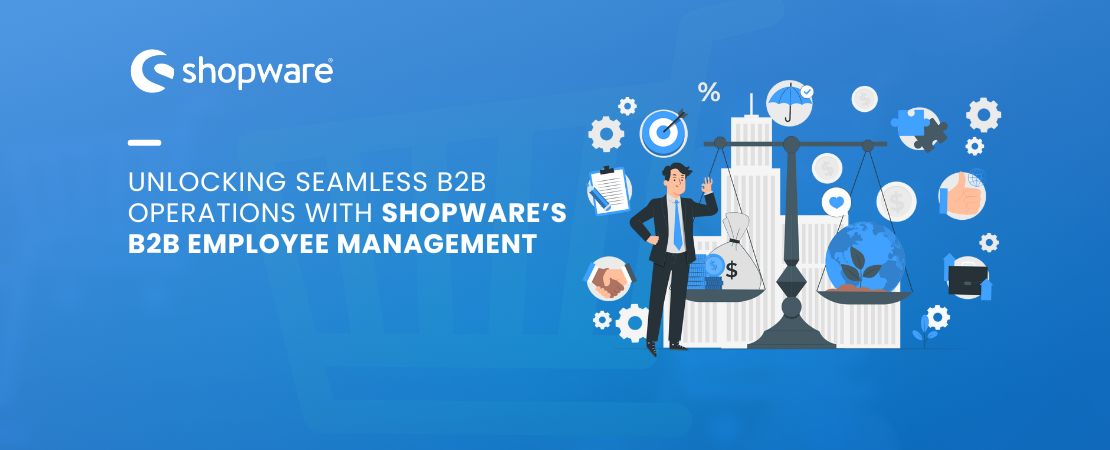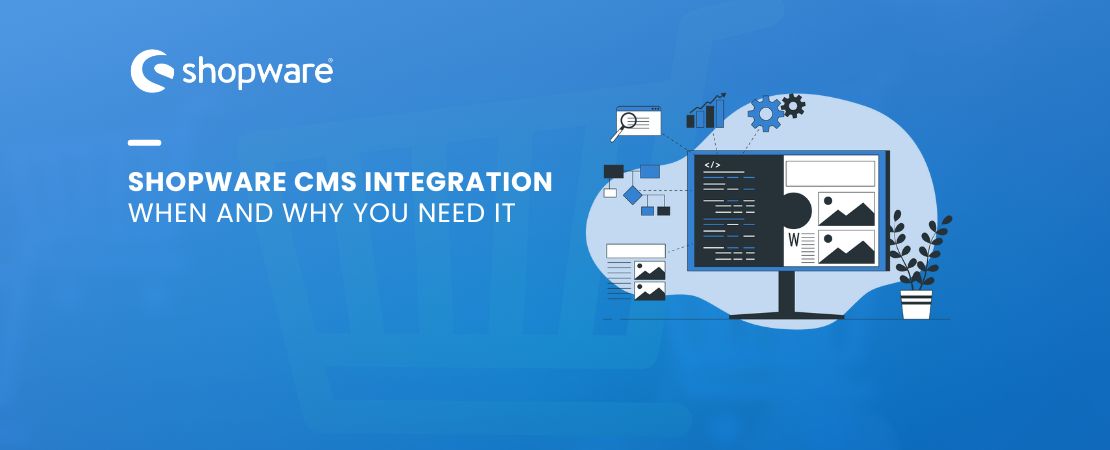When it comes to e-commerce platforms, Shopware and Shopify are two prominent names that often find themselves in the spotlight. Both offer robust solutions for building and managing online stores, yet they have distinct features and capabilities that cater to different business needs.
In this comparison, we’ll dive into the strengths and weaknesses of Shopware vs. Shopify, helping you make an informed decision on which platform aligns best with your e-commerce goals and aspirations. Whether you’re a budding entrepreneur or an established enterprise, understanding the nuances of these platforms is essential to selecting the right foundation for your online business.
Power-Packed Players: Overview
Shopify:
A titan in the e-commerce space, Shopify is renowned for its user-friendly interface, extensive template options, and vast app ecosystem. Tailored for businesses of all sizes, it provides a seamless journey from setting up your store to managing your sales.
Shopware:
Often hailed for its flexibility and scalability, Shopware is an open-source e-commerce platform that excels in providing tailored solutions for B2C and B2B businesses alike, ensuring robust functionality and high-level customization options.
Delving into User Experience (UX)
- Shopify: Offers an intuitive user interface and a smoother learning curve, which is often a decisive factor for beginners or small businesses.
- Shopware: While Shopware brings powerful features, it demands a steeper learning curve, potentially being more appealing to mid-market and enterprise-level businesses with dedicated IT teams.
The Scalability Scuffle
- Shopify: Boasts a range of plans to accommodate growth, yet customization can be limited, potentially affecting scalability for larger enterprises.
- Shopware: Triumphs in scalability and customization, providing a richer array of features that can be meticulously tailored to suit expanding businesses.
Cost Comparison: Investing in Your Platform
- Shopify: Offers straightforward pricing plans but can become costly due to app integrations and transaction fees.
- Shopware: Presents an intricate pricing structure that can be modified to align with your business needs, offering cost-effective solutions for substantial stores.
Extensibility and Integrations
- Shopify: With its vast app store, Shopify allows extensions and integrations across various functionalities, albeit at additional costs.
- Shopware: Offers integrations with various third-party applications, allowing for a high degree of extensibility, especially for specialized requirements.
Community and Support Dynamics
- Shopify: Provides 24/7 support and has an extensive community, ensuring immediate help whenever needed.
- Shopware: Has a robust community and detailed documentation but might lack the immediacy in support offered by Shopify.
Making the Optimal Choice: Decoding the Dilemma
Your decision between Shopware and Shopify should intricately weave through your business’s specific requirements, technical resources, and growth projections.
- Opt for Shopify if ease of use, immediate support, and a straightforward setup rank high on your checklist.
- Choose Shopware if your trajectory includes massive scaling, requiring high-level customization and detailed configuration.
An Overall Comparison
| Aspect | Shopware | Shopify |
|---|---|---|
| E-commerce Features | Comprehensive features for diverse needs | Rich set of features catering to various businesses |
| Customization | Highly customizable for tailored solutions | Offers flexibility but may have limitations |
| Scalability | Scales well for growing businesses | Suitable for small to large enterprises |
| Ease of Use | Requires some technical knowledge | User-friendly with an intuitive interface |
| Themes and Templates | Offers a variety of themes and templates | Provides a wide selection of themes |
| App/Plugin Ecosystem | Robust marketplace with numerous plugins | Extensive app store with various integrations |
| Payment Options | Supports various payment gateways | Offers a range of payment options |
| SEO Capabilities | Strong SEO tools for optimization | Good SEO features to enhance visibility |
| Support and Resources | Comprehensive support and resources | Extensive knowledge base and customer support |
| Pricing | Pricing varies; offers a free open-source version | Tiered pricing with a free trial |
| Community | Active community and forums | Large user community with active forums |
Final Thought
In the Shopware Vs Shopify duel, no one-size-fits-all answer prevails. Ultimately, aligning your e-commerce platform selection with your unique business requisites, budget, and technical prowess will pave the way toward a thriving online store.
Conclusion
Embarking on your e-commerce journey demands a strategic platform selection. Whether you gravitate towards the user-friendly confines of Shopify or immerse in the deeply customizable universe of Shopware, ensure that your choice resonates with your business ethos and future aspirations.
Navigate your e-commerce voyage with a platform that echoes your business’s heartbeat, ensuring a symbiotic blend of functionality and future-proof growth.
FAQs
1. Which platform is better for small businesses, Shopware, or Shopify?
Shopify is often recommended for small businesses due to its ease of use, extensive app store, and quick setup. Shopware, while versatile, may require more technical expertise and is often chosen by mid-sized to large enterprises.
2. Does Shopware or Shopify offer better customization options?
Shopware is known for its extensive customization capabilities, making it a suitable choice for businesses with unique needs. Shopify offers customization through its app store but may have some limitations compared to Shopware.
3. Are there cost differences between Shopware and Shopify?
Both platforms offer various pricing plans. Shopify has more transparent pricing, including a monthly subscription fee and transaction fees for some plans. Shopware’s pricing can vary, depending on the customizations and features required.




